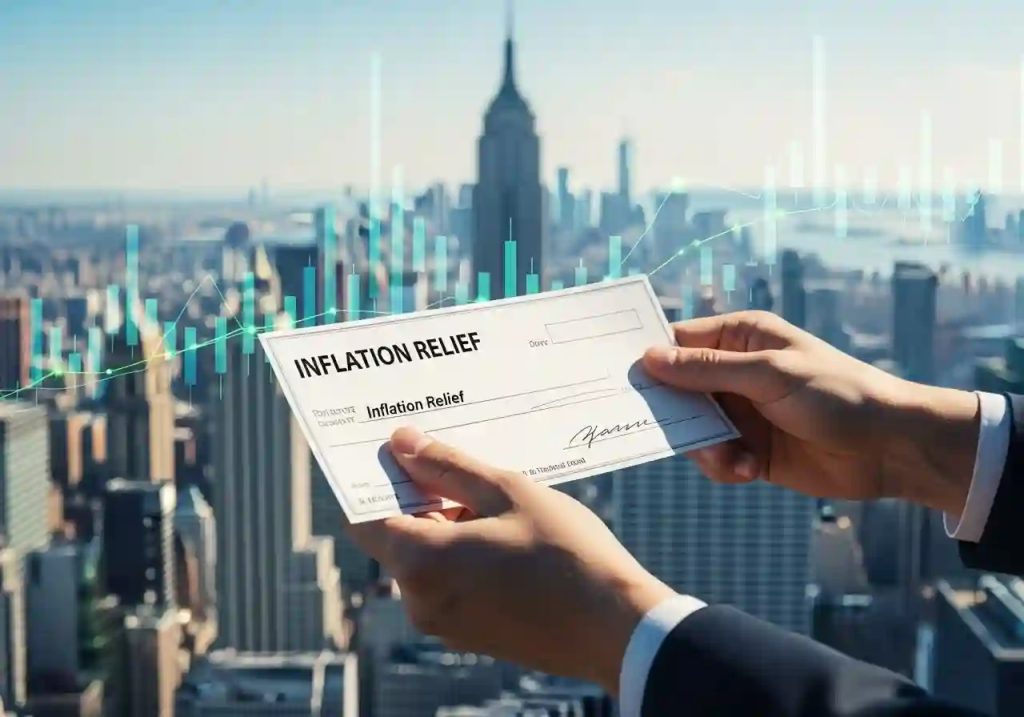New York residents who recently received state-issued “inflation relief” checks should be aware that these payments are not exempt from federal income tax. State authorities have clarified that the payments, which began arriving in mailboxes this week, must be reported on 2025 federal income tax returns. Recipients will be responsible for reporting the amounts when filing next year, as federal taxes will not be automatically withheld.
The taxability of these payments has drawn significant attention and criticism, particularly regarding the $2 billion relief initiative championed by Governor Kathy Hochul. Critics from across the political spectrum have voiced frustration that a state program intended to provide relief could inadvertently funnel hundreds of millions of dollars to the federal government. Many argue that an alternative program design could have avoided federal tax liability entirely.
Nathan Gosford, CEO of a prominent fiscal policy research institute, highlighted the inefficiency of the current approach. He noted that, in addition to concerns about effective state spending, the current structure unnecessarily increases total federal taxes paid by New Yorkers. Others agree, suggesting the state could have achieved greater impact by focusing spending on infrastructure improvements rather than broadly distributing taxable refunds.
Governor Hochul Defends $2B Inflation Relief Checks
Governor Hochul has defended the program, emphasizing her commitment to delivering immediate financial relief to taxpayers. “I am deeply sensitive and empathetic to what families are going through—sometimes it feels like everything is against you,” she said, highlighting the intent to ease financial pressure amid rising inflation. The administration’s rationale for issuing the checks was to quickly inject cash into residents’ pockets in response to higher living costs.
Approximately 8.2 million households across New York are expected to receive the checks, including 3.5 million households in New York City. Eligibility is based on the 2023 state income tax filings, with families earning up to $300,000 qualifying for payments that can reach $400.
An alternative approach, suggested by a former deputy tax commissioner, would have been to create a new tax credit program, allowing residents to directly reduce their state tax bills while avoiding federal tax liability. Critics argue this method would have delivered similar relief without the unintended consequence of boosting federal revenue, estimated at around $200 million. Some also suggest that the current direct-payment approach may carry political motivations, though historical evidence shows such checks do not always yield the intended political benefit.
Despite the debate, the state budget director reaffirmed the governor’s priority of delivering funds to residents quickly to counteract the immediate effects of inflation. Looking ahead, New York faces a projected budget deficit of approximately $10.5 billion for the next fiscal year. While officials acknowledge potential uncertainties around federal interest rates and trade policy, they remain cautiously optimistic, citing positive stock market indicators. The state’s financial outlook remains complex, balancing immediate relief needs with long-term fiscal challenges.

